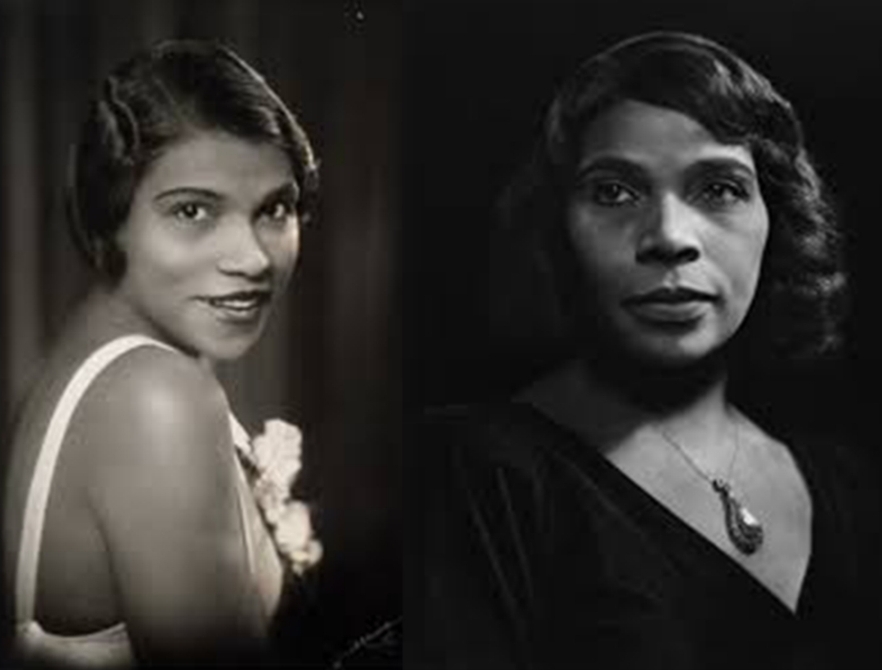Marian Anderson was one of the finest contraltos of her time. Anderson was an American singer who sung opera, classical, and spiritual music from 1925-1965. During her career, she traveled throughout Europe and the United States, and reached several accomplishments.
Born in 1897, Anderson was pitted against the odds. Her father sold ice and coal from the Reading Terminal in downtown Philadelphia, while her mother attended Virginia Seminary and College in Lynchburg, Virginia. At six years old, she became a choir member at the Union Baptist Church and earned the nickname “Baby Contralto” for her voice.
When she was eight, her father bought her a piano. Unable to afford music lessons, Anderson self taught herself how to play. Four years later at the age of 12, Anderson’s father died due to a head concussion. With his passing, Anderson devoted her time to the church and their choir. With her dedication, she was able to learn all of their choir parts, soprano, alto, tenor, and bass. Her commitment and beautiful voice impressed her choir and church enough to where she was able to raise $500, enough for her to get voice lessons under Giuseppe Boghetti, a well respected voice teacher.
Two years later, she would win the chance to sing at the Lewisohn Stadium in New York. Years later in 1928, she would perform at Carnegie Hall. She soon left to Europe to go on tour after winning a Julius Rosenwald scholarship. Afterwards in the late 1930’s, she would accumulate popularity in the U.S and Europe. She was then invited by former President Franklin D. Roosevelt and his wife to perform at the White House, the first African American to ever receive this honor.
In 1938, Anderson’s manager tried to get her to perform at the D.C. Constitutional Hall, but the owners, Daughters of America, wouldn’t let her. The D.A.R put a policy on the hall only allowing white performers to perform there. When word leaked, there was a public uproar. This led to First Lady Eleanor Roosevelt to invite Anderson to perform at Lincoln Hall on Easter Sunday, for thousands of people to hear and see.
Her fame only grew more and more over her remaining decades. In 1961, she sung the National Anthem at former president John F. Kennedy’s inauguration. Two years later, Kennedy gifted Anderson the Presidential Medal of Freedom. Then in 1965, Anderson retired from her singing career and lived a life on a farm in Connecticut. A few decades later, the music industry granted Anderson a Grammy Award for Lifetime Achievement. Two years later, Anderson died due to natural causes in Portland, Oregon.
Although Anderson faced a life of adversity, she stayed true to herself, and followed her dreams no matter what it took. While she died over 50 years ago, Anderson’s legacy lives on, and serves as an inspiration many.
